Mindfulness for Lawyers: First, Take a Pause
My last jury trial involved a charge punishable by years in prison, personal shame, and the loss of professional status. A harsh consequence for a serious offence supported by tough facts. That is what it is like for a criminal lawyer. The stakes are high. Most files represent a huge personal and financial cost for the client and, consequently, intense pressure on a defence lawyer.
But a high-stress environment is not limited to law – any profession can become nerve-wracking at one point or another. So as a person, let alone a lawyer, my message is this: you need to think about a strategy for your mental health.
Strategize Your Well-Being
We all know that life can pass by quickly and it is a good idea to smell the flowers. Poetic, but it does not relate to the bottom line.
The bottom line is that if you want to be good at what you do and if you want to be ready for the next file without blowing it in court or at home, you need a personal strategy. Perhaps that’s a given in this year of 2021. We are at least mid-way into a global pandemic and the message of needing a strategy for mental well-being makes sense.
However, a strategy for mental health should go beyond personal life, especially for lawyers, as it strikes at the bottom line of what we do. We are paid to get results for our clients in what can be the toughest, high-stake areas there are.
For me, doing my job can mean the difference between life in prison or not. If I do my job, it doesn’t matter whether anyone else does. At best, my client is acquitted. At worst, I protect the record and prepare the way for an appeal. Everything is on the line.
Enter Mindfulness
Your mind is the product of one of the most complex things in the universe. An electrically charged organ with 87 billion cells and trillions of internal connections. Besides eating well and getting rest, it also needs some ongoing attention and maintenance. To have a clear and functioning mind, we need to stay present and objective about what is happening at the moment. Mindfulness is the skill of being aware in a non-judgmental way on a moment-to-moment basis of what is going on.
How can a person achieve this aware state of mind? The first step to bring mindfulness to your legal practice is to simply stop, take a pause, and breathe. Put down your cell phone. Look away from the screen.
Conscious breathing is the easiest way to clear your mind of the jumbled-up narrative that is cramming your mental space. To understand things well you need to observe the thoughts that you are often immersed in and take as your reality. Some people call it centering yourself. But, in fact, it can lead to being a bit less egocentric. Decentering, if you will.
As a starting point, conscious breathing can interrupt the chattering, narrative mind and give you a perspective on the present, while triggering a resting state in your mind and body. It can work equally well with your morning coffee and minutes before walking into court.
From my personal experience, taking a pause before entering a real or virtual courtroom can truly usher in a sense of calm and composure. It often stays with me in the heat of the moment. It helps me to follow more clearly what is happening and to observe my own reaction. It clears the way for a skillful choice in words or conduct.
Try it. It is not only good for you - it will also make you a better lawyer.

